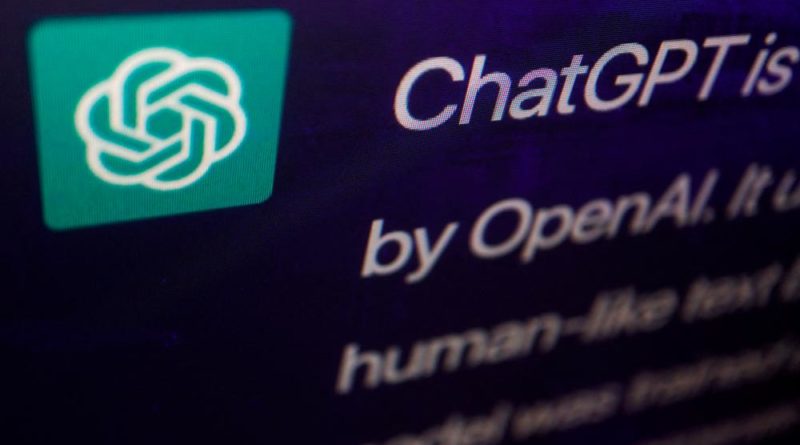OP ED | EDITORIAL: Opportunities or obstacles for higher education?
THE artificial intelligence chatbot created by OpenAI’s ChatGPT has seen tremendous growth and wide adoption since its public release at the end of 2022.
ChatGPT is programmed on vast volumes of text data and can produce human-like narratives, answer questions and perform other language-related tasks with great accuracy.
But there is still debate over its place in higher learning and the advantages, challenges and ramifications for higher educational institutions.
ChatGPT is a frighteningly proficient tool that appeared out of nowhere in their midst and it performs quite well across a wide range of tasks and academic disciplines.
While some regard it as a tool to improve learning and alleviate the load on educators, others see it as an imminent threat to ethics that fosters plagiarism and cheating.
Many academicians have already experienced panic as a consequence of ChatGPT, which university students utilise to complete their assignments.
However, prohibiting ChatGPT from the learning environment is a bad idea.
The world is being transformed by technology, and education must shift.
We cannot, without a doubt, oppose technology. Rather, we have to embrace and implement it or rather, educational institutions should adopt and adapt ChatGPT to enrich and enhance the educational experience.
Furthermore, it will be equally transformative for academics as it will permanently alter the future; thus, academics must begin engaging with it.
Academicians must consider how artificial intelligence technology can be incorporated into learning in the classroom.
ChatGPT is a potential technology that will have a wide-ranging impact on education.
It is a useful tool because it has the ability to increase student capacity by encouraging creativity, curiosity and critical thinking.
It will provide new options and opportunities for teachers and students to learn and teach more effectively.
Theoretically, it can help university students with research and writing tasks and develop critical thinking and problem-solving skills.
ChatGPT can also help students develop research abilities by grasping their knowledge and resources on a certain topic and hinting at unexplored parts and current research issues, allowing them to comprehend and analyse the content more effectively.
This change must be taken seriously and viewed as an integral element of the evolution of our educational system’s goals.
By incorporating ethics and accountability, threats to academic integrity can be mitigated and the transition is achievable by balancing the pros and cons.
 Ads by: Memento Maxima Digital Marketing
Ads by: Memento Maxima Digital Marketing
@[email protected]
SPACE RESERVE FOR ADVERTISTMENT
.
Dr Izyan Munirah Mohd Zaideen is a senior lecturer at the Faculty of Maritime Studies, Universiti Malaysia Terengganu. Comments: [email protected]



 Memento Maxima Digital Marketing
Memento Maxima Digital Marketing






